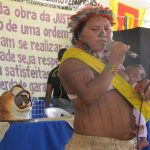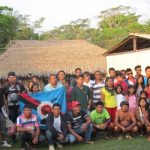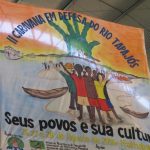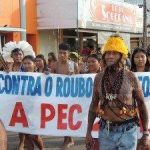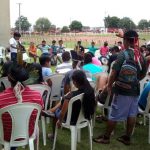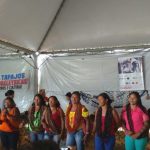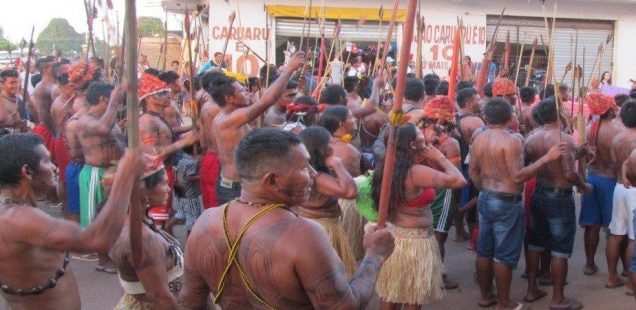
Enhancing the capacity of indigenous peoples to fight for their water and other rights in the Mato Grosso region (Brazil)
In the last couple of years, the Missionary Indigenous Council of Mato Grosso (Consejo Indigenista Misionero del Regional de Mato Grosso) has been collaborating with the PKF Foundation to strengthen local indigenous peoples fighting for their collective rights. In 2017 and 2018, this collaboration will continue to support Nambiquara, Myky, Enawenê-Nawê, Irantxe, Bororo, Kayabi, Apiaká, Munduruku, Tapirapé, Karajá, Xavante, Chiquitano, Rikbaktsa, Kanela do Araguaia and other Pará indigenous peoples to exchange information and learn together focusing on the impact of hydroelectric developments. 102 hydroelectric projects are already affecting today the Arinos, Juruena, Teles, Pires and Tapajós rivers that feed into the Amazon river, and more are being planned. 145 dams are projected to be built in the watershed of the Juruena river alone! This has incalculable consequences in terms of water availability, river fishing resources, socio-cultural integrity and many other conditions that contribute to the livelihoods and wellbeing of the local indigenous peoples. Already some communities have been relocated to make room for hydroelectric projects, others have seen their territories invaded by sugarcane monocultures, their food sovereignty diminished, their cultures affected and humiliated…
This initiative will strengthen the capacities of the indigenous peoples of Mato Grosso to fight for their rights to their water resources and their territories in general. It will foster exchange visits, gatherings, seminars, training sessions, caravans and public events and demonstrations. After some dedicated preparatory meetings, a one-week advocacy mission of forty indigenous leaders will also be organised to take them to Brasilia, where they will actively oppose the governmental policies that negatively affect them. Together, the indigenous peoples of the Mato Gross have a chance of understanding the impact of large-scale hydroelectricity generation and a chance of engaging with a strong voice in meaningful policy advocacy.

